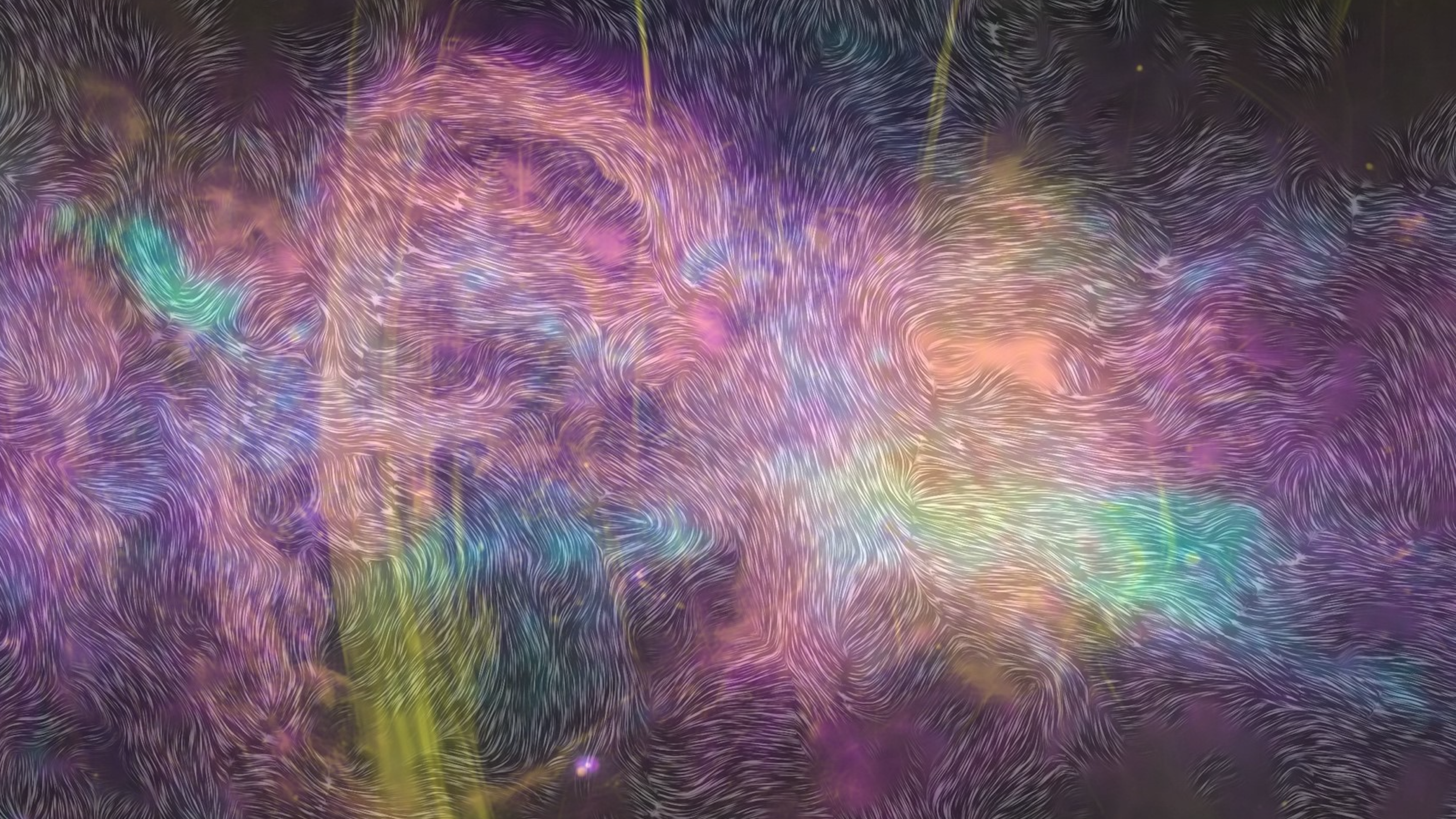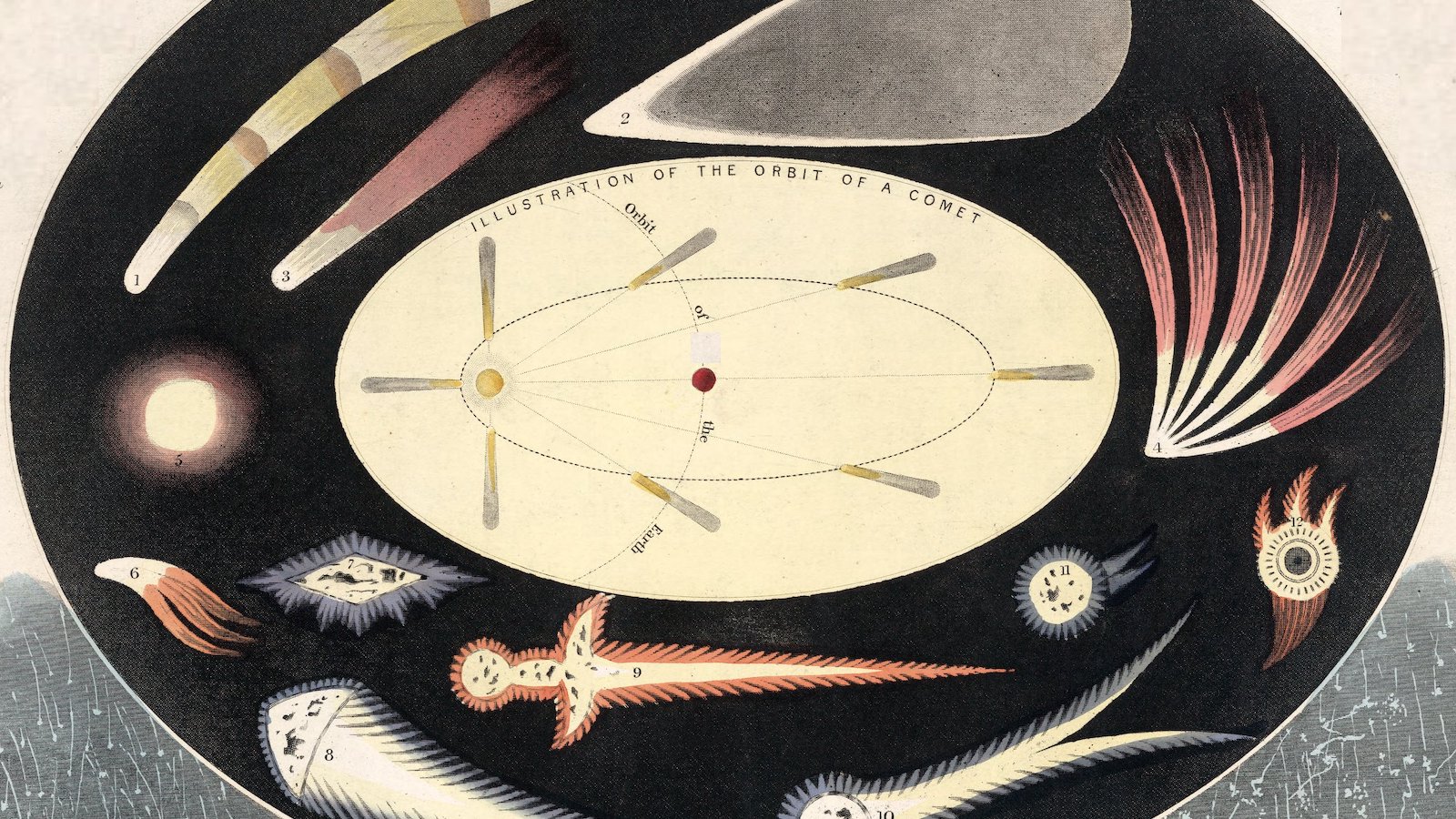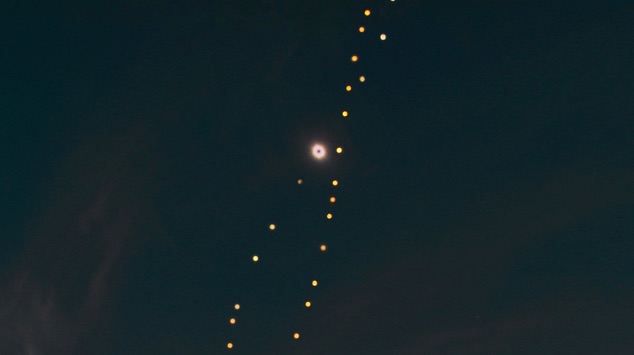New map reveals the Milky Way’s magnetic heart

Look toward Sagittarius. Beyond lies the Central Molecular Zone (CMZ): the cold, dusty heart of our Milky Way. The CMZ contains 60 million solar masses’ worth of particles at -432 degrees Fahrenheit (-258°C). This dust is the stuff from which planets and stars are built — a process that depends on the interaction between the dust and the CMZ’s magnetic fields.
The image below is a major step toward better understanding that process. For the first time, it maps the CMZ’s various magnetic fields and structures of dust.

The colors show the interaction between warmer dust clouds (pink), cooler ones (blue), and magnetic fields, indicated by radio filaments (yellow) — mysterious tendrils up to 150 light-years long. By revealing variations in the orientation of magnetic fields across dust clouds (some with fanciful names like The Brick and Three Little Pigs), this map offers a first glimpse at the complex arrangements of dust and magnetism in the CMZ.
The image, which measures nearly 500 light-years across, was produced by Villanova University in Pennsylvania, using data from SOFIA (Strategic Observatory for Infrared Astronomy), NASA’s “spaceplane” (i.e. a Boeing 747 fitted with a 100-inch, or 2.5-m, reflecting telescope).
The data was collected in 2020 as part of project Fireplace (“Far-InfraREd Polarimetric Large Area CMZ Exploration”) during nine flights up to 45,000 feet (13.7 km), above 99% of the Earth’s infrared-blocking atmosphere.
This image is not just the first of its kind, it’s also the last, as SOFIA was decommissioned in 2022.
Strange Maps #1240
Got a strange map? Let me know at strangemaps@gmail.com.
Follow Strange Maps on X and Facebook.





